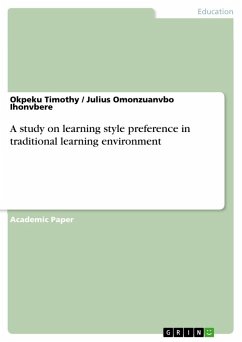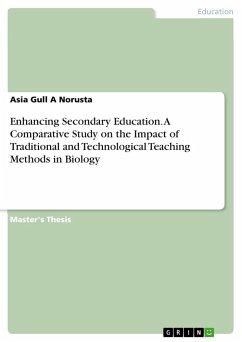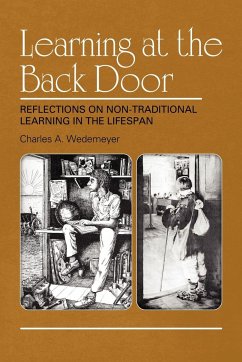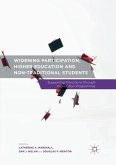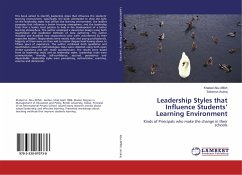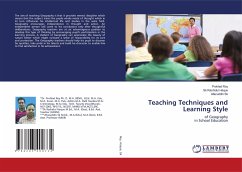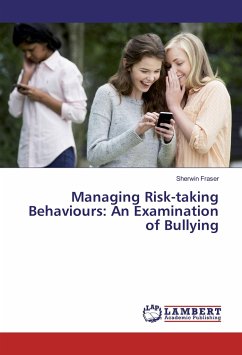Academic Paper from the year 2024 in the subject Pedagogy - School System, Educational and School Politics, , language: English, abstract: The study examined learning style preference in a traditional learning environment. The specific aim is to determine the influence of individual learning styles on students¿ performance in Technical Drawing Subjects. The study adopted a quasi-experimental approach to determine learning style preferences in a class of 45 students. Learning style inventory was used as an instrument for data collection which was centered on isometric projection. The outcome of the treatments was analyzed using Multiple Regression and Pearson Product Moment Correlation Coefficient. The findings revealed that kinesthetic learners scored higher in the isometric projection test conducted followed by visual learners and auditory learners came last. Hypothetically, the result shows a significant difference in the three learning styles (visual, auditory, and kinesthetic). However, teachers¿ poor understanding of students' learning styles seems to be a source of concern to many education experts in Nigeria. Hence, the study recommends teachers' proper understanding and consideration of students¿ visual, auditory, and kinesthetic learning styles in a traditional learning environment in senior secondary schools in Nigeria.
Hinweis: Dieser Artikel kann nur an eine deutsche Lieferadresse ausgeliefert werden.
Hinweis: Dieser Artikel kann nur an eine deutsche Lieferadresse ausgeliefert werden.

